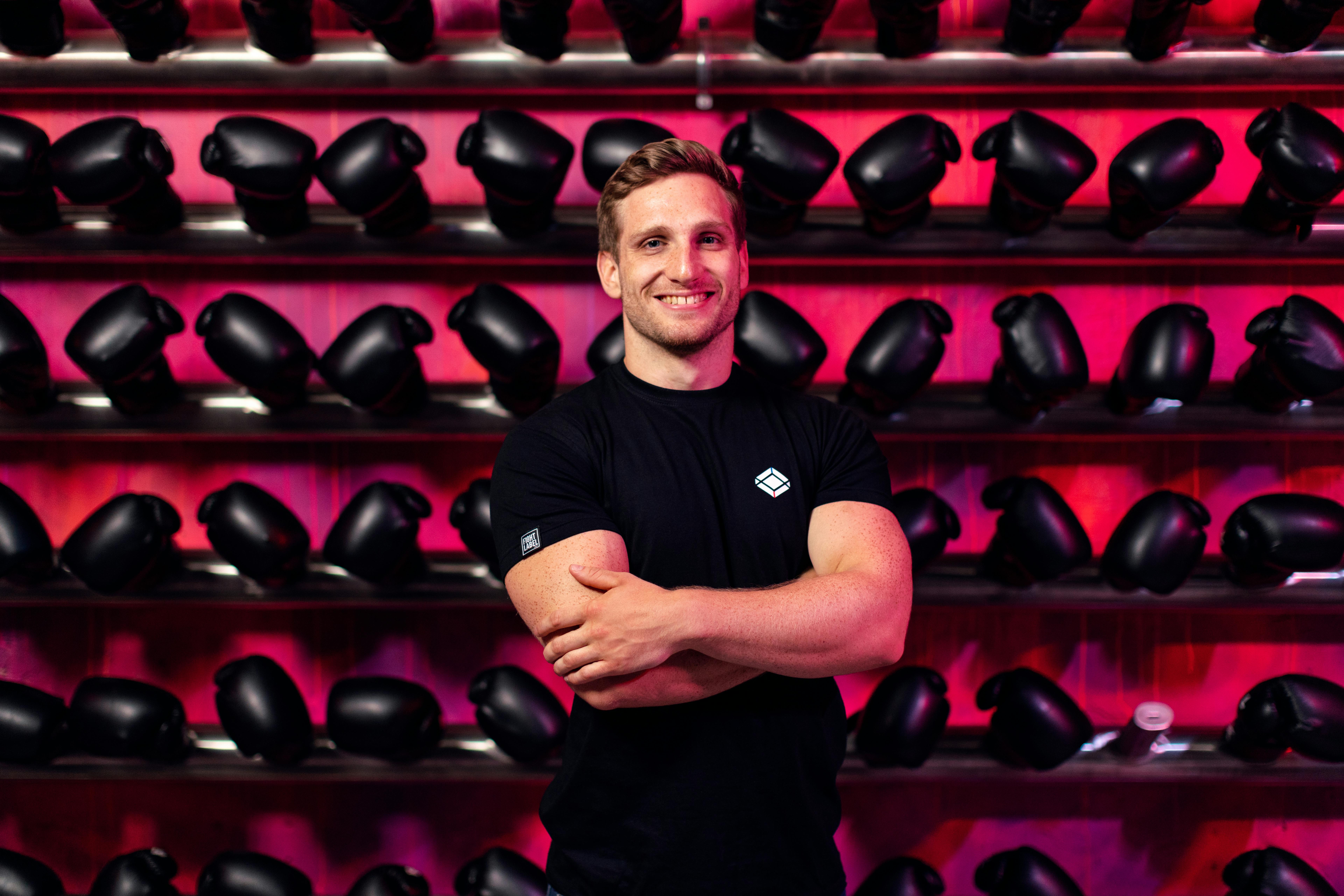Effective Strategies for Muscle Gain in a Calorie Deficit: Your 2025 Guide

Understanding Muscle Gain While in a Calorie Deficit
Many fitness enthusiasts believe that muscle gain and fat loss are mutually exclusive, especially when trying to achieve both under a calorie deficit. However, with the right approach, including effective Krafttraining, a tailored Ernährungsplan, and a solid understanding of muscular physiology, these goals can become achievable. Achieving Muskelmasse erhöhen despite a caloric deficit requires a nuanced approach. Below, we explore key methods to successfully navigate this journey.
The Science Behind Muscle Growth
Muscle growth, or Hypertrophie, occurs when muscle fibers undergo stress, leading to micro-tears that repair and strengthen them. This process is stimulated by resistance training and requires a careful balance of macronutrients. Understanding the role of Proteinbedarf is crucial; a higher intake supports Proteinsynthese, essential for recovery and growth, even in a Kaloriendefizit.
How Caloric Deficits Affect Muscle Growth
Being in a Kaloriendefizit means consuming fewer calories than you burn. While this is typically associated with fat loss, it can also lead to muscle loss if not managed carefully. Tracking Kalorienzufuhr and ensuring adequate protein is consumed can help to maintain or even increase muscle size during cutting phases.
The Importance of Resistance Training
Engaging in regular Muskeltraining is vital. Krafttraining not only preserves but can enhance muscle mass during cutting. High-intensity training and properly structured workouts create the necessary tension that helps stimulate muscle fibers for growth. Following a consistent Trainingsplan with progressive overload is essential for long-term success.
Key Nutritional Strategies for Maximizing Muscle Gain
Nutrition plays a significant role in achieving fitness goals while in a calorie deficit. With an understanding of Makronährstoffe, the right choices can help enhance muscle recovery and growth. Below are effective nutritional strategies that you need to implement.
Optimizing Protein Intake
Protein is the cornerstone of any muscle-building diet. For those focusing on muscle gain in a calorie deficit, aiming for a high protein intake — at least 1.6-2.2 grams of protein per kilogram of body weight — is crucial. Incorporating sources like chicken, fish, and plant-based options ensures adequate Eiweißquellen are available to support muscle needs.
The Role of Carbs and Fats
Kohlenhydrate und Proteine play vital roles in energy supply and recovery. Consume complex carbohydrates to fuel workouts and support Muskelregeneration. Healthy fats are equally important; they facilitate hormone production and improve overall health. Balancing these macronutrients will sustain energy levels without excessive caloric intake.
Nutrient Timing for Enhanced Results
Eating strategically around workouts can significantly impact performance and recovery. Pre- and post-workout nutrition is essential. Consuming a mix of carbohydrates and protein before and after training sessions can optimize Nährstofftiming, enhancing muscle recovery and growth outcomes even in a deficit scenario.
Effective Workout Techniques for Muscle Gain
When aiming for muscle gain while losing fat, the structure of your workouts is paramount. Integrating various training methods can lead to optimal results. Here’s how to strategically design your workout.
Utilizing Compound Movements
Focusing on compound exercises, such as squats, deadlifts, and bench presses, is key to building strength and muscle mass. These movements engage multiple muscle groups, resulting in a greater overall stimulus compared to isolation exercises. Aim to incorporate these into your Fitnessprogramm regularly for maximum efficiency.
Incorporating High-Intensity Training
High-Intensity Training enables you to maximize muscle engagement in shorter workouts. This training style promotes muscle retention during caloric deficits, enabling you to push harder and recover quicker. Integrating HIIT into your routine can enhance both muscle growth and fat loss.
Tracking Your Progress Effectively
Maintaining a Trainingstagebuch is essential for assessing your development. Recording workout patterns, lifting progress, and nutritional intake can help identify areas requiring adjustment. Regular evaluations can ensure that your methods remain effective and aligned with your fitness goals.
Supplementation: Why It Can Help
While it’s possible to achieve great results through diet and exercise alone, many choose to enhance their efforts with supplements. Understanding their potential benefits is crucial when aiming for muscle growth in a calorie deficit.
Essential Supplements for Muscle Gain
Common supplements for those in a calorie deficit include Proteinshakes, creatine, and branched-chain amino acids (BCAAs). These can aid recovery, increase protein intake conveniently, and support strength gains respectively. Ensure any supplementation aligns with your specific fitness goals.
Strategy for Choosing Supplements
Before integrating any supplements, assess your dietary intake. Prioritize meals rich in natural nutrients first. Once that’s established, research and select the best Ernährungsstrategien for supplementation that will optimize your nutrition based on your specific needs.

Common Mistakes to Avoid for Muscle Gain
Avoiding pitfalls can make a significant difference in the effectiveness of your muscle-building efforts in a calorie deficit. Being aware of common errors can help you stay on track.
Neglecting Recovery and Sleep
A major mistake many make is undervaluing the need for proper recovery and sleep. Muscle growth occurs during rest; ensure you incorporate adequate rest days and aim for quality sleep to allow muscles to repair effectively post-workout.
Focusing Too Much on Cardio
Excess cardio might hinder your muscle gain efforts. While cardio is essential for fat loss, excessive amounts can compromise muscle retention. Striking the right balance in your Cardiotraining regimen is vital, especially during calorie deficits.
Underestimating Nutritional Needs
Failing to accurately assess your caloric and nutrient needs can sabotage your muscle gain goals. Regularly re-evaluate your energy expenditure and adjust your Diätplan accordingly, ensuring it meets the demands of your training program.
Wrapping It Up: Your Roadmap to Success
Achieving muscle gain in a calorie deficit isn’t just a dream; it’s a reachable goal with the right tactics. Focusing on tailored Ernährung für Muskelaufbau and implementing effective Trainingstechniken will enhance your chances of success. Always remember, knowledge is power, and maintaining flexibility in your approach is key to navigating the challenges of nutritional manipulation while striving for fitness goals.
FAQs on Muscle Gain in a Calorie Deficit
Can you build muscle in a calorie deficit?
Yes, with the right balance of nutrition and training, it’s possible to build muscle while in a caloric deficit.
What type of training is best for muscle gain?
Resistance training focusing on compound movements yields the best results for muscle gain.
Is protein supplementation necessary?
While not necessary, protein supplements can help meet your daily requirements conveniently, especially in a calorie deficit.
How much protein do I need to build muscle?
Generally, 1.6 to 2.2 grams of protein per kilogram of body weight is recommended for muscle gain.
What are the best dietary approaches for muscle gain?
Focus on high protein intake, balanced macronutrients, and meal timing around your workouts to maximize muscle gain.
For more information, check out these additional resources on muscle gain strategies and diet plans for effective results.
